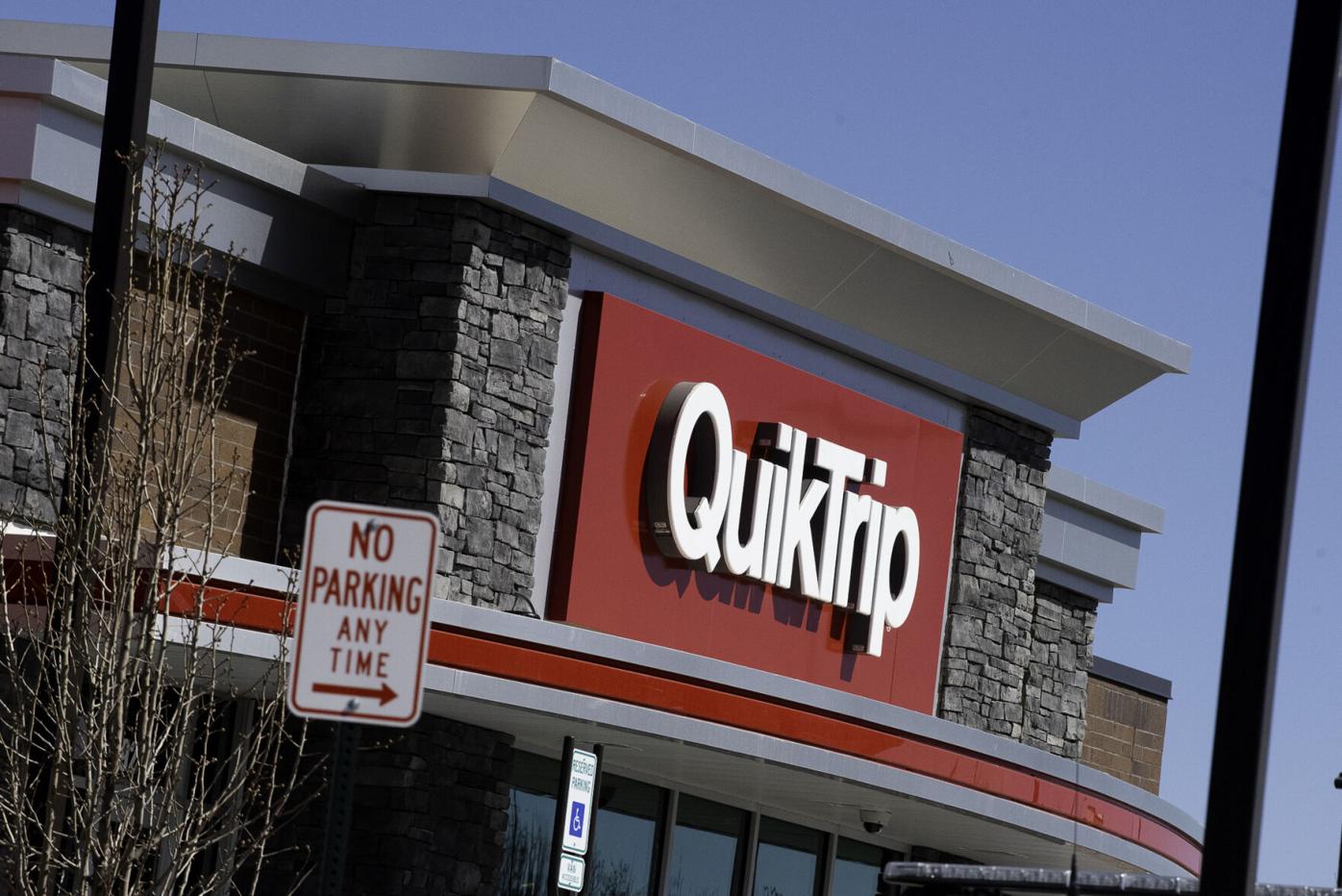QuikTrip sues Denver over gas station limits
Oklahoma-based convenience store giant QuikTrip filed a lawsuit in Denver District Court alleging the city’s recently amended zoning code restricting some new gas stations violates state law prohibiting “ex post facto and retroactive laws.”
The lawsuit, filed March 17, seeks injunctive relief to bar the application of the city’s new zoning amendments to development applications submitted before Feb. 18, which was when the new code was approved by a 12-1 council vote.
The injunction would permit QuikTrip to continue with its plans for new gas stations at 1595 W. 48th Ave., 2100 S. Colorado Blvd., 5500 E. Yale Ave. and 12225 E. 39th Ave.
The company is under contract to purchase three of the properties and to lease another, all within the city of Denver.
The code prohibits new retail gas stations from being built within a quarter mile of an existing retail station, a quarter mile of light rail stations, and within 300 feet of a protected or “low-density” residential neighborhood.
The city’s restrictions do not apply to gas stations that aren’t open to the public, such as fuel services for government fleets, transit vehicles, or rental car agencies.
For investors and developers like QuikTrip, the most significant sticking point with the city’s new zoning code is that it makes the restrictions retroactive to May 13, 2024.
“The amendments will not be a mere procedural or remedial action by the city,” wrote Denver land use attorney David William Foster in an earlier letter to city attorneys. “The amendments are substantive changes to law that will retrospectively attach a new disability to the use of property.”
Foster, whose firm represents Oklahoma-based QuikTrip, added: “Put simply, an applicant for a gas station within one of these regional categories will, under the amendments, go from having a viable project to a prohibited project. They will lose their entire project.”
QuikTrip, according to court documents, argues that the general public was not made aware of the details of the text amendment until Nov. 7, 2024.
The company states in its filing that it has already spent more than $750,000 on planners, engineers and architects to prepare concept designs for applications to the city, legal costs for applications, costs to extend necessary contracts, and environmental costs tied to developing the four properties.
The company also fears it could be on the hook for further monetary losses, including property devaluation and earned profits from the development of the convenience store gas stations.
Amendment sponsors Diana Romero Campbell (District 4), Amanda Sawyer (District 5), and Kashmann (District 6) assert the restriction on gas station development, which went into effect Feb. 25, prioritizes Denver’s adopted plans and policies for walkable, mixed‐use, sustainable development with affordable housing.
District 7 Councilmember Flor Alvidrez held the only dissenting vote.
“Developers and their lawyers are an interesting breed,” District 6 Councilmember Paul Kashmann said at a public hearing on the matter in February. “They tell compelling stories about property rights and stealing my investment, but they build projects not caring at all about its effect on adjacent properties. They build projects that the neighborhood doesn’t want. They build projects that block sunlight, create noise, create traffic. None of these gas stations are the result of community meetings where people said, ‘Yeah, we want a gas station.’”
A status hearing has been set for May 21 with Attorney Lawrence Katz of Foster Graham Milstein & Calisher representing the plaintiffs.





